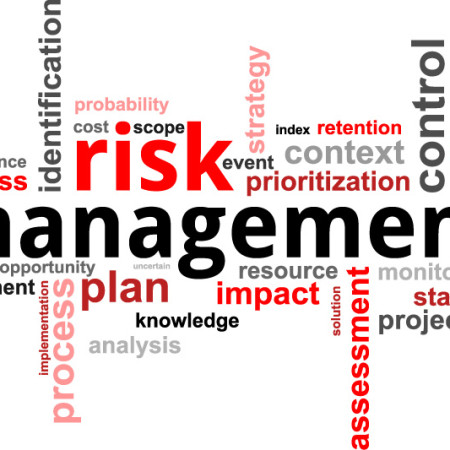Behavioral economics and behavioral finance are some of the most fascinating areas of study today. The disciplines combine economics, finance and psychology in ways that better model how consumers actually make decisions.
In general, the study of economics is based on theoretical models that only remotely resemble the complexities of the real world. These models assume that individuals behave like machines that always know what is in their best interest, always do what is in their best interest, have complete self-control, and only care about themselves.
Your Customers Don’t Make Rational Decisions
That doesn’t sound like anyone I know.
These models, on which many pricing decisions, investment decisions, and management decisions are based, leave out the “human element.” Leaving out this element paints a two-dimensional picture of the world and doesn’t provide the kind of actionable information of interest to business owners.
Behavioral economics, by including the study of psychology, adds the “human element” and can provide very valuable and actionable advice to business owners with respect to pricing and other important decisions. Let’s take a closer look at the key elements of behavioral economics and how they apply to business decision-making.
First: Understand your customer’s rules of thumb
Behavioral economics shows us that people make most of their decisions based on rules of thumb. A rule of thumb is an assertion that is true in many cases, but not in all cases. It also tends to be easy to remember and simple to apply. Common examples include:
- It’s cheaper to buy a car than to lease one
- You can get the best deals by shopping right after Christmas
- Generics aren’t as good as branded products
There is some truth to these statements, but they absolutely do not apply to every circumstance. Yet once consumers internalize a rule of thumb, it is extremely difficult to convince them to change their minds.
Why not leverage these rules of thumb?
If your customers believe that shopping right after the Christmas holidays offers the best deals, then use that as an opportunity to sell higher margin products or to test new products and gauge the response. Even better, if your company can establish its own rule of thumb and spread it virally, it could be one of the most lucrative investments ever made.
Go to the article: Your Customers Don’t Make Rational Decisions
